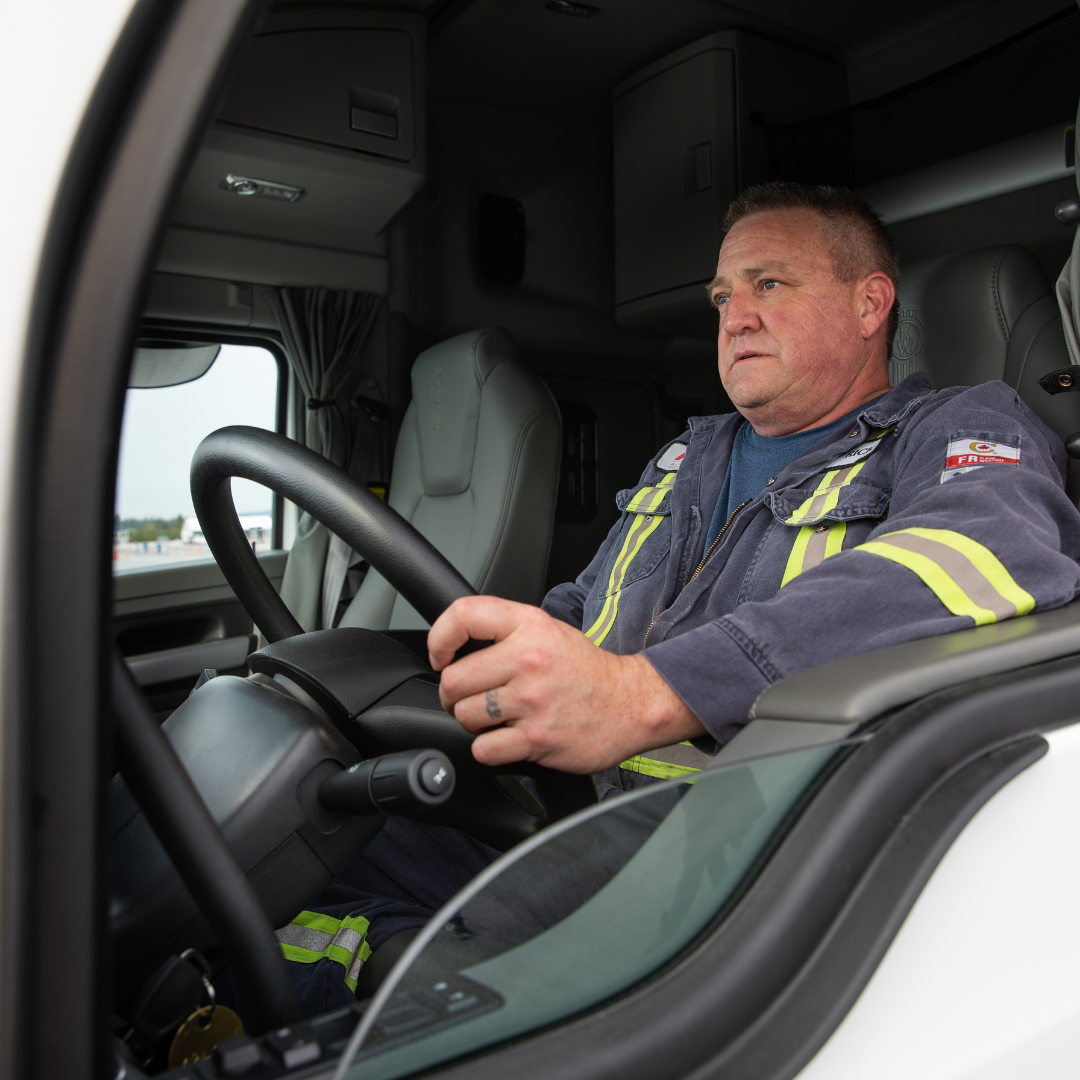International Roadcheck Set for May 4-6 with Emphasis on Lighting and Hours of Service
The Commercial Vehicle Safety Alliance (CVSA) has set May 4-6 as the dates for this year’s International Roadcheck.
Over that 72-hour period, commercial motor vehicle inspectors in jurisdictions throughout Canada, Mexico and the U.S. will conduct inspections on commercial motor vehicles and drivers.
“CVSA shares the dates of International Roadcheck in advance to remind motor carriers and drivers of the importance of proactive vehicle maintenance and driver readiness,” said CVSA President Sgt. John Samis with the Delaware State Police. “International Roadcheck also aims to raise awareness of the North American Standard Inspection Program and the essential highway safety rules and regulations in place to keep our roadways safe.”
Inspectors will ensure the vehicle’s brake systems, cargo securement, coupling devices, driveline/driveshaft components, driver’s seat, exhaust systems, frames, fuel systems, lighting devices, steering mechanisms, suspensions, tires, van and open-top trailer bodies, wheels, rims, hubs and windshield wipers are compliant with regulations. Inspections of motorcoaches, passenger vans and other passenger-carrying vehicles also include emergency exits, electrical cables and systems in the engine and battery compartments, and seating.
Inspectors will be looking for critical vehicle inspection item violations, outlined in the North American Standard Out-of-Service Criteria. If such violations are found, the vehicle will be placed out of service, which means that vehicle cannot be operated until the identified out-of-service conditions have been corrected.
Vehicles that successfully pass inspection, without any critical vehicle inspection item violations found after a completed Level I or Level V Inspection, should receive a CVSA decal. In general, vehicles with a CVSA decal are not re-inspected during the three-month period during which the decal is valid. Instead, inspectors focus their efforts on vehicles without a valid CVSA decal.
Also during an inspection, inspectors will check the driver’s operating credentials, hours-of-service documentation, seat belt usage, and for alcohol and/or drug impairment. A driver will be placed out of service if an inspector discovers driver-related out-of-service conditions.
Each year, CVSA asks its member jurisdictions to capture and report data focusing on a certain category of violations during International Roadcheck. This helps bring awareness to certain aspects of a roadside inspection. This year, inspectors will capture data on two categories, corresponding to the two main inspection categories of the North American Standard Level I Inspection – driver operating requirements and vehicle mechanical fitness. For the driver category, hours of service will be highlighted this year, and for the vehicle category, inspectors will be paying special attention to lighting.
According to the Federal Motor Carrier Safety Administration, the lighting violation “lamps inoperable” (Title 49 Code of Federal Regulations 393.9) was the number one vehicle violation in fiscal 2020, accounting for approximately 12.24% of all vehicle violations discovered that year. And during last year’s International Roadcheck, the top driver out-of-service violation category in North America was hours of service, accounting for 34.7% of all driver out-of-service conditions.
“It’s important to remember that International Roadcheck is a data collection effort,” said Sgt. Samis. “The inspections conducted during the three days of International Roadcheck are no different from the inspections conducted any other day of the year. Other than data collection, the inspection process is the same.”
As was the case last year, in consideration of COVID-19, law enforcement personnel will conduct inspections following their departments’ health and safety protocols during 2021 International Roadcheck.
In addition, as the COVID-19 vaccine rollout continues, every effort will be made to get vaccine shipments to their destination, quickly and safely. COVID-19 vaccine shipments will not be held up for inspection, unless there is an obvious serious violation that is an imminent hazard.
International Roadcheck is a CVSA program with participation by the Federal Motor Carrier Safety Administration, the Canadian Council of Motor Transport Administrators, Transport Canada, and Mexico’s Ministry of Communications and Transportation and its National Guard.
Stay up to date and sign up for one of our newsletters for more information on Commercial Vehicle Safety, Occupational Health and Safety and more!

